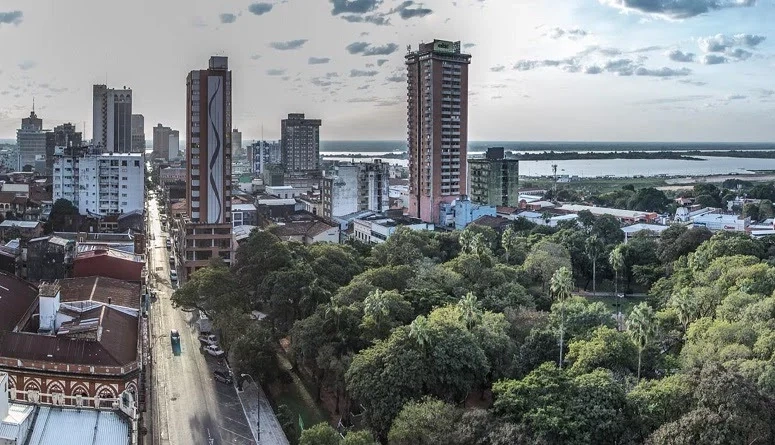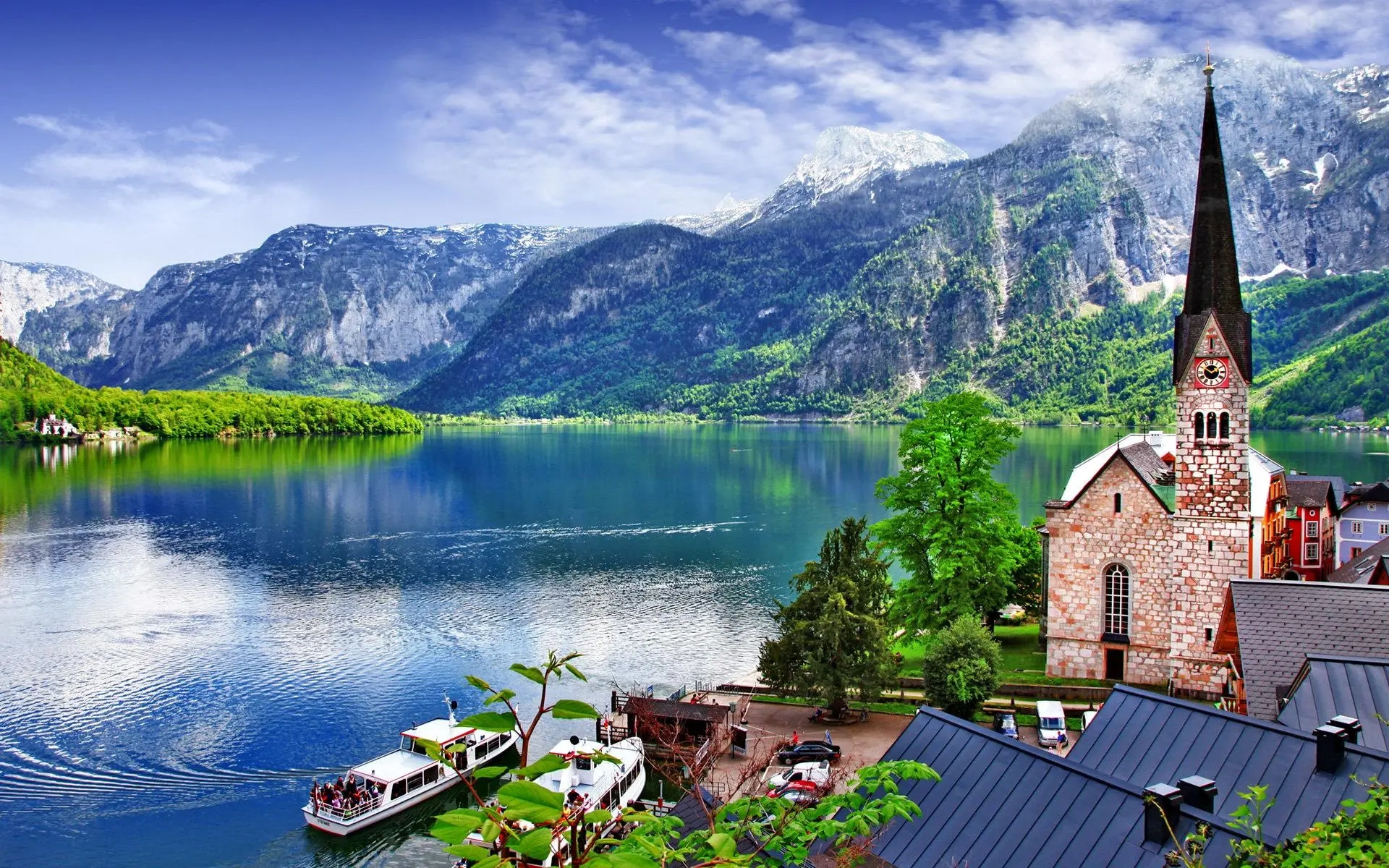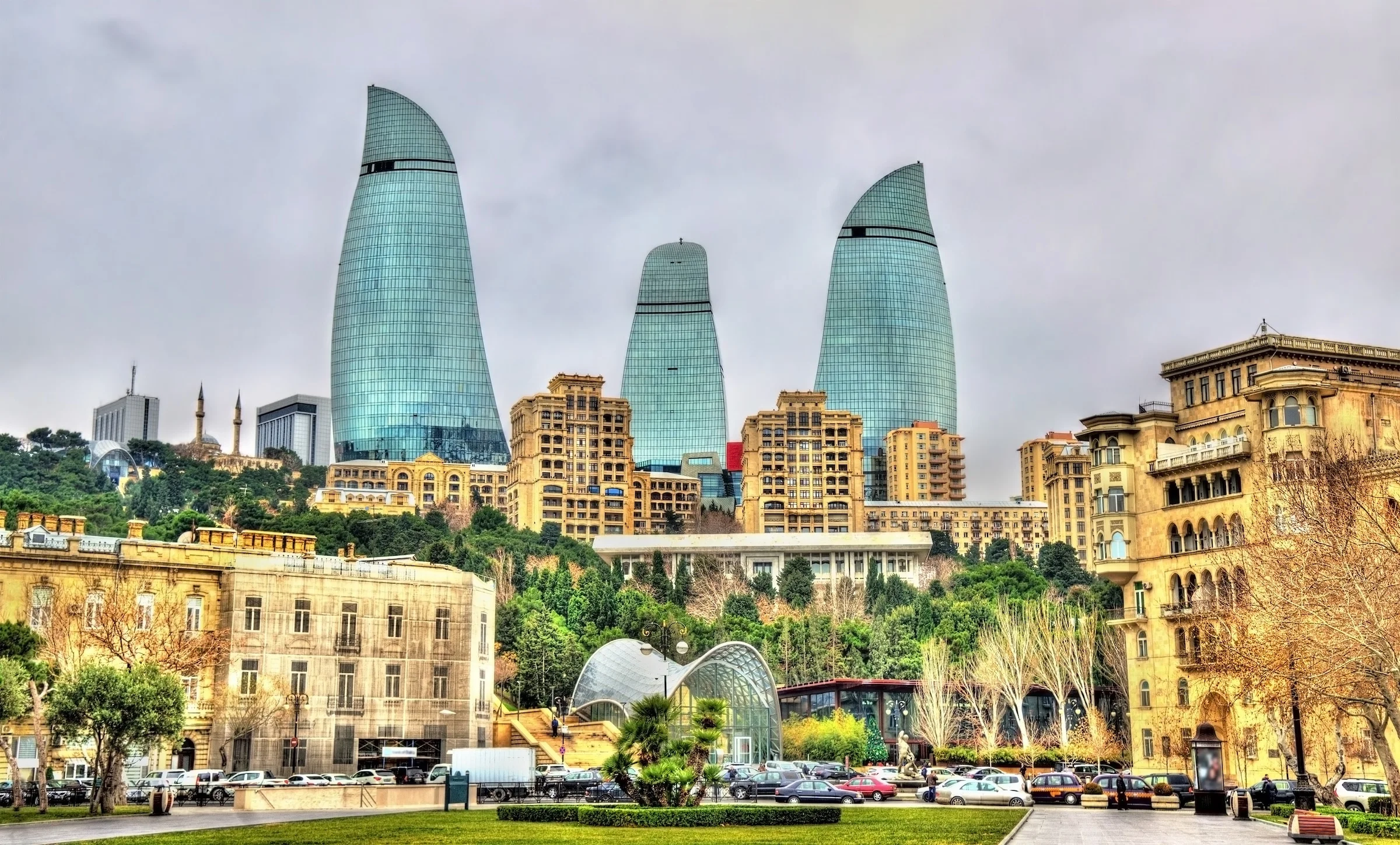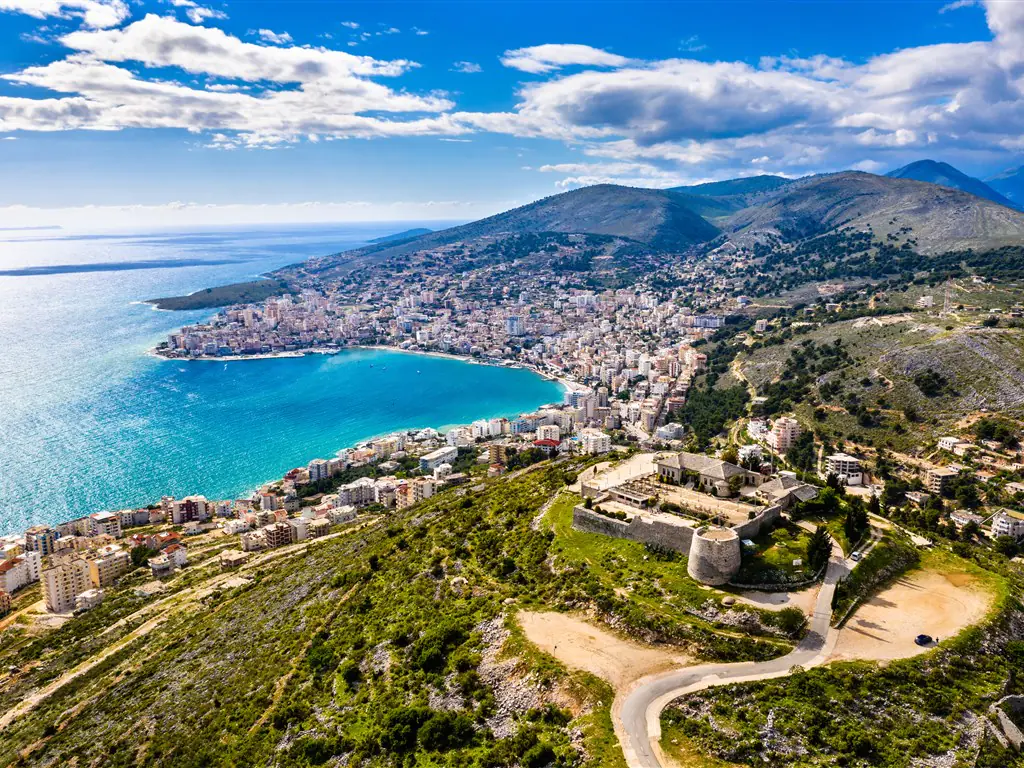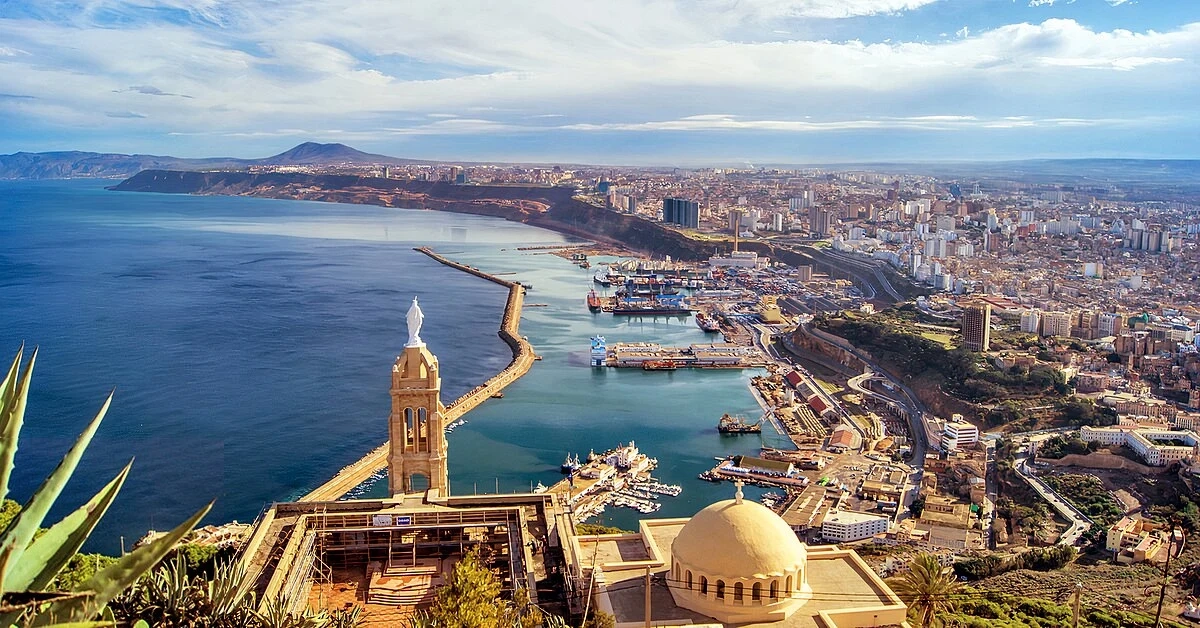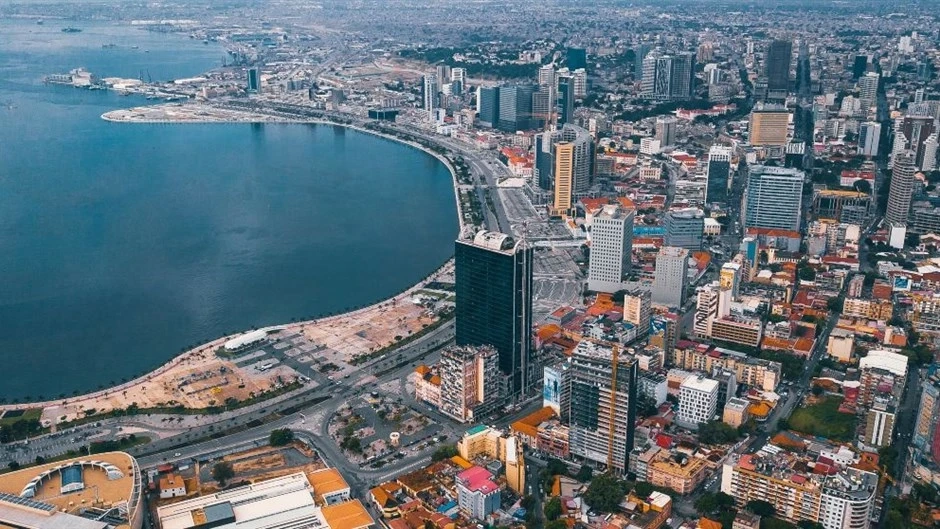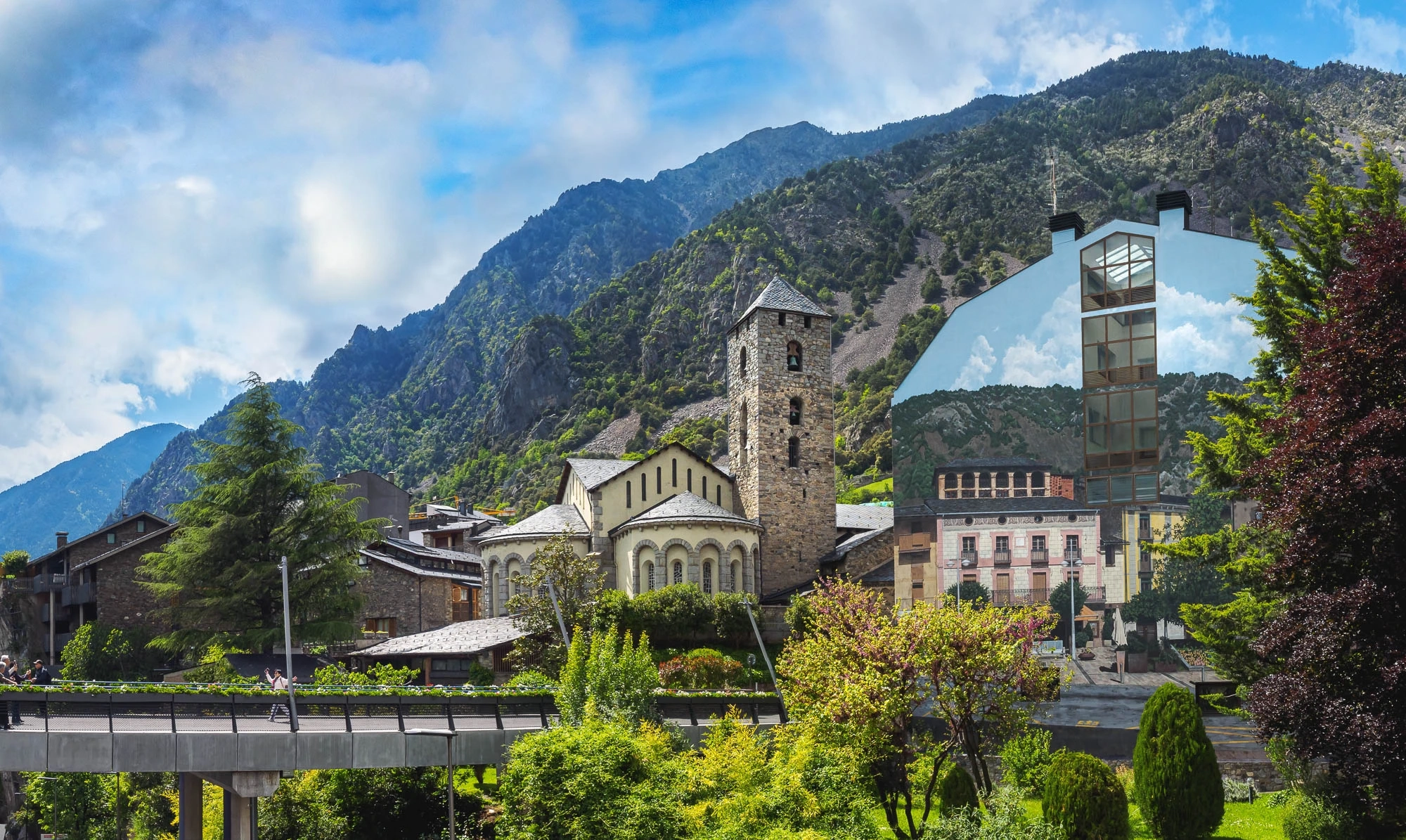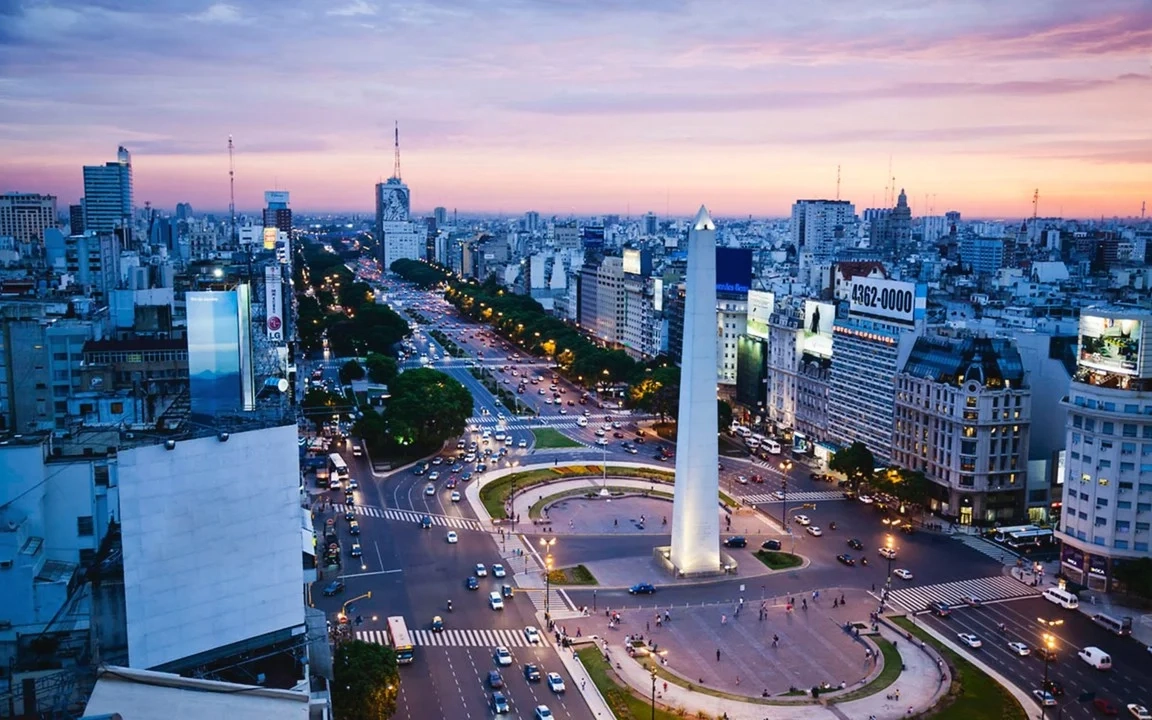Paraguay has a diverse economy with sectors such as agriculture, manufacturing, trade, and services playing significant roles. The most popular professions may include:
• Agricultural Workers: Given the importance of agriculture in Paraguay, roles related to farming, ranching, and forestry are common.
• Trade and Commerce Professionals: Jobs related to retail, wholesale, and trade are prevalent, especially in urban areas.
• Service Industry Jobs: Positions in the service sector, such as hospitality, tourism, and customer service, are common.
• Manufacturing Workers: Roles in manufacturing industries, including textiles, food processing, and automotive, are essential for Paraguay's economy.
- Working Hours. The standard working week in Paraguay is typically 48 hours, spread across six days.
- Vacation. Employees are entitled to annual paid leave, and the duration may vary based on the length of service.
- Public Holidays. Paraguay observes several public holidays throughout the year, and these may include New Year's Day, Independence Day, Labor Day, and Christmas, among others.
- Maternity and Paternity Leave. Paraguay typically provides maternity leave for expectant mothers, allowing them to take time off before and after childbirth.
- Minimum Wage: The minimum wage in Paraguay is determined by the government and is subject to periodic adjustments.
- Average Wage: The average wage in Paraguay can vary significantly across different industries, occupations, and regions. Industries such as manufacturing, services, and agriculture may have different average wage levels.
1. Government Initiatives:
The Paraguayan government has implemented various initiatives to promote entrepreneurship and small business development. Programs provide support through funding, training, and mentorship to encourage the establishment of new ventures.
2. Startup Culture:
The startup culture in Paraguay is emerging, with a focus on technology-driven ventures, fintech, and sustainable initiatives.
3. Access to Funding:
Entrepreneurs in Paraguay may face challenges in accessing traditional funding sources. However, there is a growing presence of angel investors, venture capital firms, and alternative financing options supporting innovative projects.
4. Economic Sectors:
Agriculture, agribusiness, and renewable energy are prominent sectors for entrepreneurial endeavors in Paraguay.
5. Challenges:
Entrepreneurs in Paraguay may encounter challenges such as bureaucratic hurdles, limited access to finance, and the need for streamlined regulatory processes.
1. Asunción: As the capital and largest city, Asunción is the political and economic center of Paraguay. It hosts a significant portion of the country's businesses, financial institutions, and government offices.
2. Ciudad del Este: Located on the border with Brazil, Ciudad del Este is a major commercial and trade hub. Known for its busy commercial activities, it attracts businesses engaged in cross-border trade.
3. San Lorenzo: San Lorenzo is part of the Greater Asunción Metropolitan Area and is an industrial and commercial center.
4. Encarnación: Encarnación is situated in the southern part of Paraguay and is known for its economic activities and commercial development. The city has seen growth in sectors like tourism, trade, and services.
